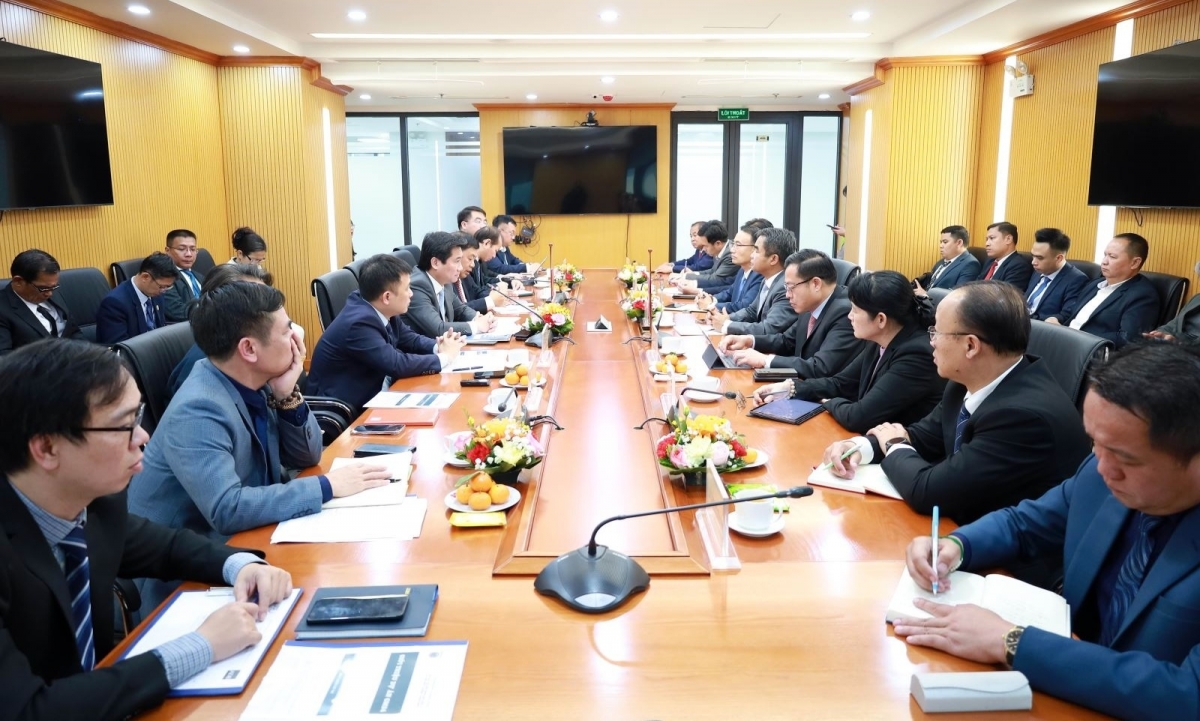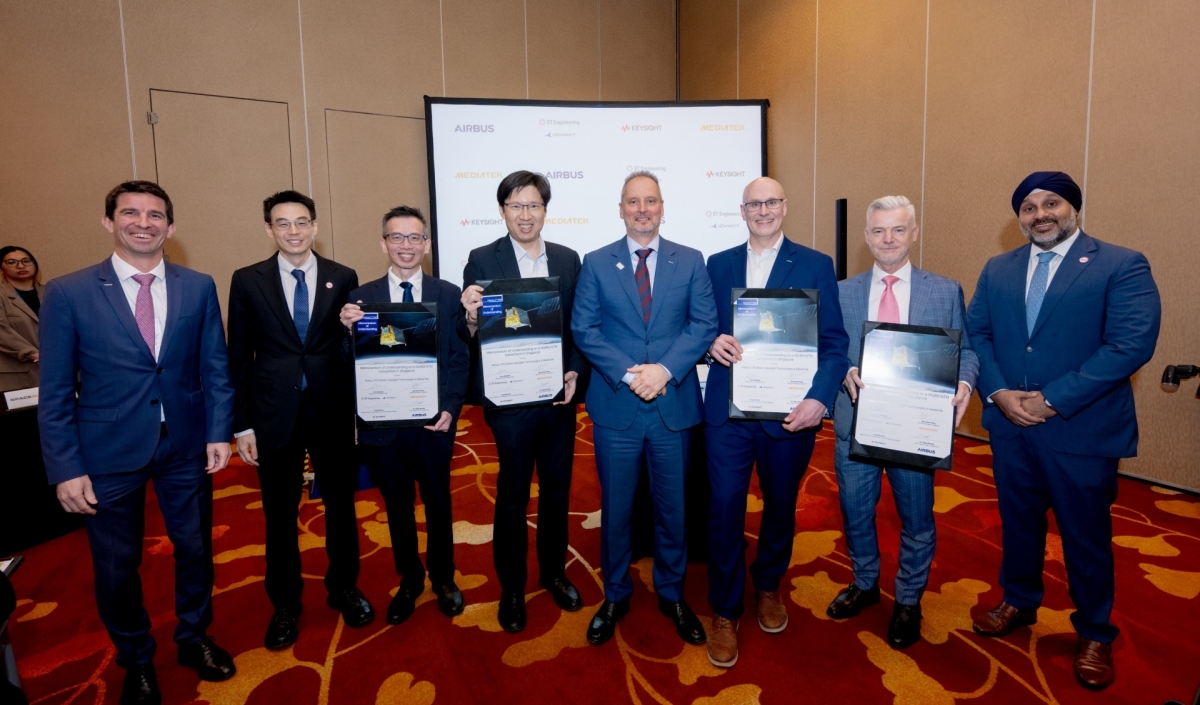INTERNATIONAL INVESTMENT
AND PORTAL
According to research by Mizuho Bank in 2022, of the 15 foreign strategic investors involved in divestment of Vietnam’s state-owned enterprises (SOEs) since 2012, nine are Japanese. Some of the highest percentages of ownership are Taisho Pharmaceutical’s investment into Duoc Hau Giang (51 per cent), Sumitomo Life owning 22 per cent of Bao Viet Group, and Tokyo-Mitsubishi UFJ responsible for nearly 20 per cent of VietinBank.
 Japanese players keen on state-owned equitisations, photo source: Duoc Hau Giang
Japanese players keen on state-owned equitisations, photo source: Duoc Hau Giang
“For decades, privately held enterprises in Vietnam have begun to flourish, but SOEs have still accounted for the majority of revenue and assets across all major industries,” said Hideo Suzuki, senior manager of Global Strategy Advisory Department at Mizuho Bank.
By 2020, the country had almost 2,000 SOEs, compared to over 660,000 private enterprises and 22,200 foreign-invested enterprises. However, Suzuki said, an average annual revenue of an SOE was $73.8 million, while that number for private enterprises was $1 million, and that of foreign-invested groups was $15 million.
Soichi Nakajima, section manager of Asia business group at the Mitsubishi Research Institute, said that Vietnam’s macro attractiveness of net investment was greater than that of Japan, with foreign direct investment being one of the significant growth engines of the domestic economy.
“We observe that the country’s GDP has increased along with the expansion in the amount of licensed foreign-invested projects. Investment quality is also changing, with foreign participation into SOEs as strategic investors,” Nakajima said.
According to him, having Japanese enterprises as strategic investors presents a few advantages to Vietnamese SOEs, including the know-how and strong brand reputation, business streamlining with job cuts as the last resort, and a corporate governance system with high cultural harmony.
“Japanese enterprises offer some unique strengths. In terms of know-how, Japanese brands have gained a solid position in the global market. Collaboration in the pharmaceutical industry is an excellent illustration of this principle in action,” Nakajima noted.
Decision No.1479/QD-TTg from November 2022 on the rearrangement SOEs for 2022-2025 highlighted activities related to SOE divestment in the forms of maintenance of single-member limited liability companies, equitisation, and reorganisation. The decision also stated the need to equitise 19 enterprises, rearrange five enterprises, divest 141 enterprises, and maintain state capital in 126 enterprises.
Meanwhile, Lilama’s deputy general director Hoang Minh Khoi said, “The engineering, procurement, and construction segment, industrial construction, and mechanical engineering are sectors where we are quite competitive and seek the cooperation of strategic investors. There are two types of Japanese companies that would be ideal strategic partners: a major general contractor with Japanese market knowledge and expertise, or a Japanese mechanical manufacturer with extensive experience and solid financial resources.”
Investing in Lilama allows Japanese companies to enhance their footprint in Vietnam and other Southeast Asian nations, Khoi said. “Vietnam is a growing country with vast potential in the industrial construction sector. It would be beneficial for the two parties to work together, since Lilama will be involved in several key power and energy projects in Vietnam.”
Deputy general director of Viglacera Corporation Nguyen Anh Tuan said that the Vietnamese government had reported several successful cases of SOE equitisation, including Vietcombank and PetroVietnam. A number of Japanese investors have joined in this process and helped these enterprises operate more efficiently.
“Vietnam and Japan share an excellent diplomatic and strategic connection, so I expect that Japanese investors would soon join in the equitisation of more Vietnamese companies in the future. We hope that Japanese strategic investors with experience, financial capacity, and innovative technology can assist Viglacera in expanding its market presence and developing more sustainably,” he said.
Ly Quang Thai, head of Investment Department at Vietnam Maritime Corporation, echoed this sentiment, noting that the shipping business has flourished in recent years, resulting in a significant profit for the firm in 2021 and 2022.
“As a result of our transition to a JSC structure, governance at our firm is now more open and accountable. The years 2025-2030 are central to the country’s maritime economic strategy, and this is a belief we hold strongly. Thus, we anticipate finding a suitable strategic investor to grow with in the near future,” Thai added.
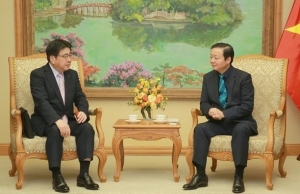 Deputy PM pledges support for Japanese firm’s projects using modern technology
Deputy PM pledges support for Japanese firm’s projects using modern technology
Deputy Prime Minister Tran Hong Ha pledged maximum support for Marubeni Corporation to shift its projects using new and modern technology to Vietnam, while receiving a leader of the Japanese firm in Hanoi on March 10.
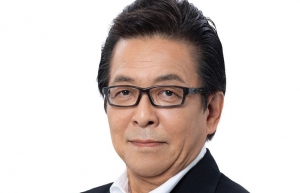 Dealmaking in Vietnam likely to retain long-term visions
Dealmaking in Vietnam likely to retain long-term visions
Despite the economic downturn, Japanese investors will not divest from Vietnamese companies but boost their deal-making activities. Masataka “Sam” Yoshida, head of the Cross-border Division of RECOF Corporation and CEO of RECOF Vietnam Co., Ltd., talked to VIR’s Thanh Van about the landscape of Japanese mergers and acquisitions in Vietnam amidst the current challenging environment.
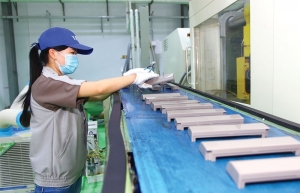 Long-standing gains continue with Japan
Long-standing gains continue with Japan
Fresh efforts are being made to remove obstacles for a more transparent business and investment environment, leading to the country remaining a favourite destination for Japanese investors in particular.






